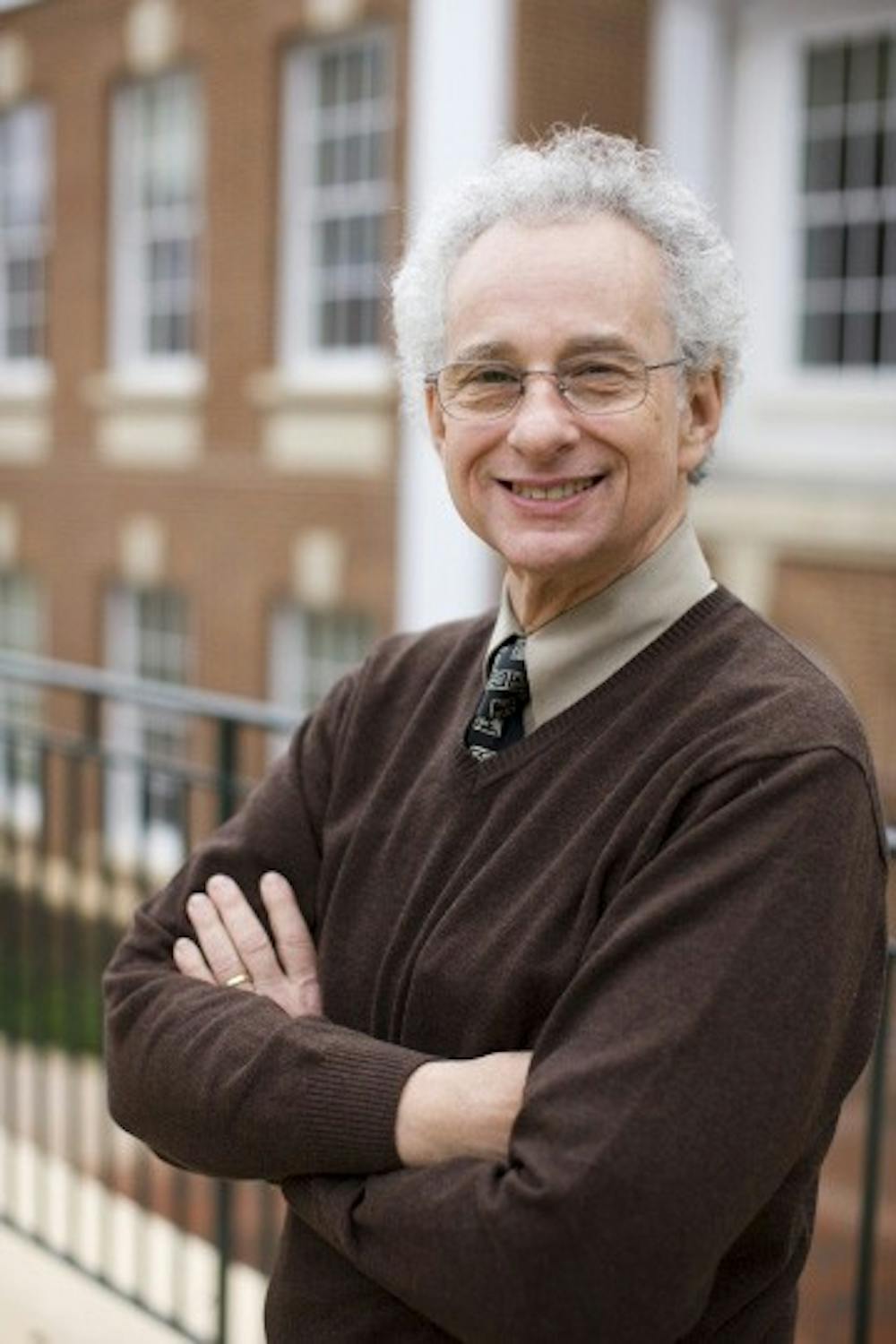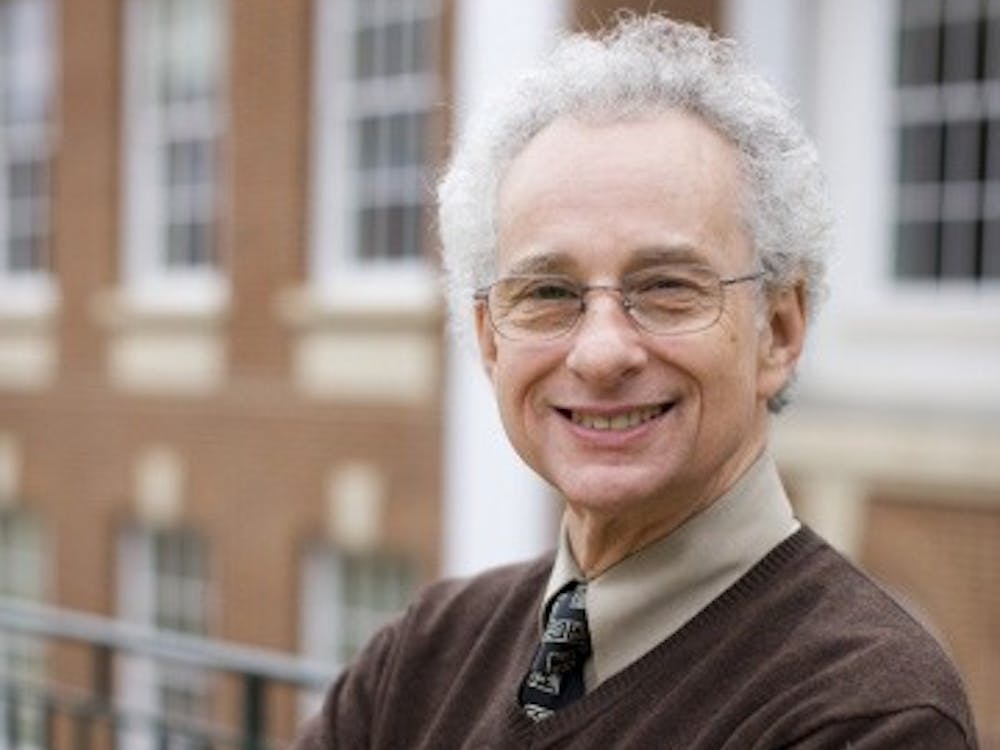Melvyn Leffler
December 4, 2008 — Melvyn P. Leffler, Edward R. Stettinius Professor of History at the University of Virginia, will receive the American Historical Association's 2008 George Louis Beer Prize for his book "For the Soul of Mankind: The United States, the Soviet Union, and the Cold War." Leffler, a former dean of U.Va.'s College and Graduate School of Arts & Sciences, said he was surprised and deeply gratified by the award, which he will receive in January at the association's annual meeting in New York City. "This is the best prize the American Historical Association gives to a writer of history of international relations," he said. "It is exhilarating to be able to step down from the deanship and revive one's scholarly career." Leffler's 600-page book, published in 2007 by Hill and Wang, examines four crucial episodes during the Cold War when American and Soviet leaders considered modulating, avoiding or ending hostilities, and asks why they failed. He then illuminates how U.S. and Soviet leaders were able to reconfigure Soviet-American relations after decades of confrontation. "I had long been interested in the Cold War," Leffler said. "What framed the book was that I had not expected it to end. When it did, I was interested in why it lasted as long as it did and why it ended when it did." Leffler concluded that Soviet leader Mikhail Gorbachev, without losing his faith in communism, transformed many of his ideological views on what was necessary to improve the political and economic systems in Russia. Leffler also credited U.S. President Ronald Reagan with building up U.S. military strength and then negotiating from that position of strength. "The importance of Reagan was that he did want to negotiate with the men who ran the 'Evil Empire,'" Leffler said. "Mel is internationally recognized as a scholar of the Cold War and he richly deserves this prize," Duane Osheim, chairman of U.Va.'s history department, said. "His book is an important work on United St




